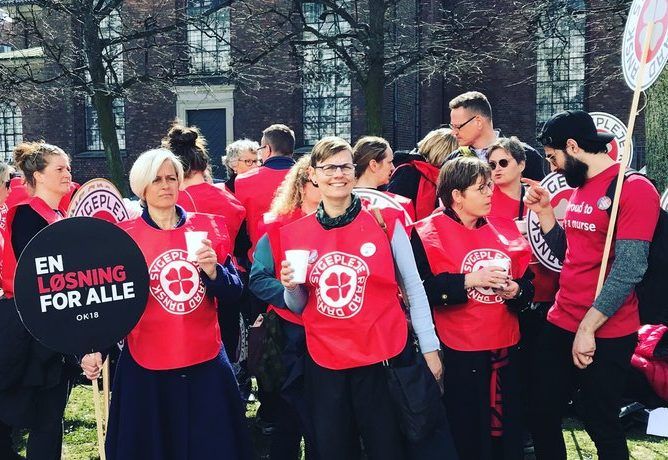Parliament has intervened to bring an end to the nurses’ strike. It had been going on for ten weeks, initially with 4,750 taking action, before it escalated on August 10 with 702 more.
The government formed a majority to adopt an intervention to stop the conflict between the nursing unions and their employers.
It is good news for both the health service and the public, as at least 13,000 people have had operations postponed due to the strike.
A defeat for the nurses?
But is it good news for the nurses: they are getting a 5 percent salary increase over three years – exactly the terms they were protesting against and had rejected twice.
Well, it has also been decided to set up a committee to look at wage structures in the public sector, as well as equal pay.
The government forced through the intervention with the help of four parties across the political divide: Venstre, Konservative, Liberal Alliance and Nye Borgerlige. Radikale was the only one of its allies to back it.
Apologetic minister
“We’re sorry it’s come to this. I have always believed that it is the role of politicians to intervene as little as possible and let the parties resolve it themselves,” said the employment minister, Peter Hummelgaard.
“But when it became clear that the cost to patients and the health service was increasing, and that both parties considered it to be a deadlocked situation, the government had no other choice.”
Hummelgaard cannot guarantee that the nurses will end up getting more money.















